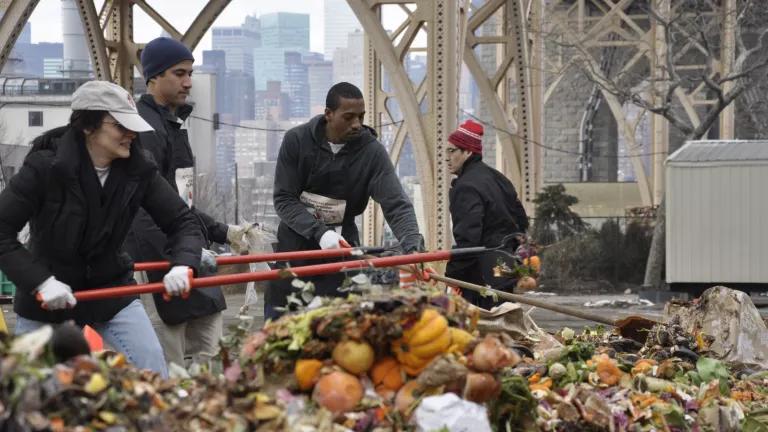Plastic Toiletry Bottles Could Disappear from NYS Hotels
New York could be the second state in the nation to ban environmentally troublesome, individual-size plastic bottles from hotels and motels.

In the war on throw-away plastics, individual toiletry bottles in hotels/motels may be next to go, thanks to NYS Senator Todd Kaminsky & Assemblymember Steve Englebright.
Legislation winding its way through the State Legislature could make New York the second state in the nation to ban environmentally troublesome, individual-size plastic bottles from hotels and motels.
The legislative push—led by State Senator Todd Kaminsky and by Assemblymember Steve Englebright—is the latest step in Legislature’s recent efforts to tackle the ever-growing problem associated with throw-away, single-use plastics. In 2019, the Legislature banned plastic carry-out bags at grocery stores and other retail establishments. And in 2020, it directed the phase-out of polystyrene foam food and beverage containers.
Across New York State, tens of millions of tiny shampoo, conditioner, and other lotion bottles are used and discarded every year in hotels and motels. Although they provide momentary conveniences, these and other plastic containers present environmental problems at every phase of their lifecycle, from manufacture to disposal.
As Senator Kaminsky said when introducing the Senate bill: “By barring hotels from giving single-use plastic toiletries to customers, we are safeguarding our environment, and mitigating plastic waste and waterway pollution.”
Specifically, the Kaminsky-Englebright bills, S543 and A5082, would prohibit hotels and motels from providing to guests any plastic bottles smaller than 12 ounces that contain such toiletries as shampoo, conditioner, lotion or liquid soap. The legislative intent is to prompt innkeepers to switch to larger, re-fillable dispensers, thereby reducing both the amount of unused liquids and the amount of plastic waste generated during every guest visit. The prohibition would take effect January 1, 2024 for all hotels with more than 50 rooms and one year later for all smaller hotels.
If the Legislature passes the Kaminsky-Englebright legislation, New York will join California as only the second state to nix the tiny toiletry vials. In 2019, Governor Gavin Newsom signed into law a ban on individual toiletry bottles in Golden State hotels and motels, beginning in 2023.
In addition to the environmental benefits of the proposed legislation, the prohibition on individual bottles would save money for hotel and motel owners and managers.
In part for this reason, several leading hotel corporations have already begun to embrace the switch-over. Marriott International, the world’s largest hotel chain, has announced plans to remove individual toiletry bottles from its 7,000 properties. The company estimates that this move, when fully implemented, will keep 500 million toiletry bottles out of the waste stream every year.

Replacing throw-away toiletry bottles with refillable dispensers, like these, will reduce waste, fight the climate crisis and save money for hotels and motels.
Plastics used in the production of toiletry bottles and hundreds of other products are made from fossil-fuels. And, increasingly, the manufacture of these products has become an important income source for the oil and gas industry.
Indeed, worldwide plastics production expected to double within 20 years.
Ultimately, if we want to succeed in curbing global warming emissions, we will have to find ways to cut back on the profligate use of throw-away plastics.
The Kaminsky-Englebright toiletry bottle ban legislation is another sensible step in the right direction.




